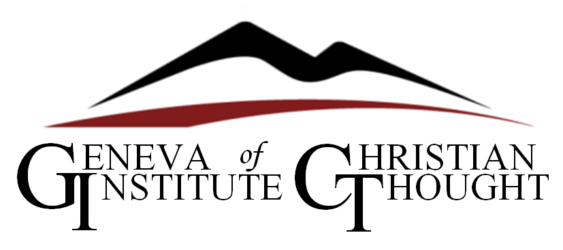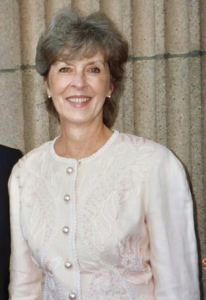Yes it is! And, doing so makes sense for many students.
In addition to the opportunity provided to any adult student to increase their knowledge in an environment committed to a Christian worldview, taking classes at the Institute can make sense for a recent high school graduate who may eventually pursue a college degree.
There are cases where it might not be best to proceed directly to a college campus upon graduation from high school. Perhaps a student wants to work to build funds for college. Or, perhaps a student wishes to remain at home for an additional period of time. Or, perhaps a student is not sure which direction they might want to take and needs some time to decide. These are some of the reasons why it can make sense to study through the Institute as a non-degree student.
The Geneva Institute can provide onsite (college partner-site) courses along with access to online courses that not only directly apply to our partner college core curriculum but also align well to many college degree core curriculum. The tuition for the classes as a non-degree student are substantially less than full tuition as a degree student. In addition, the TN Hope Scholarship can be deferred for up to 16 months, which allows the student to remain eligible for the scholarship during that time.
Post high school studies at the Institute can be a great idea for many. Please contact the Institute for additional information.


